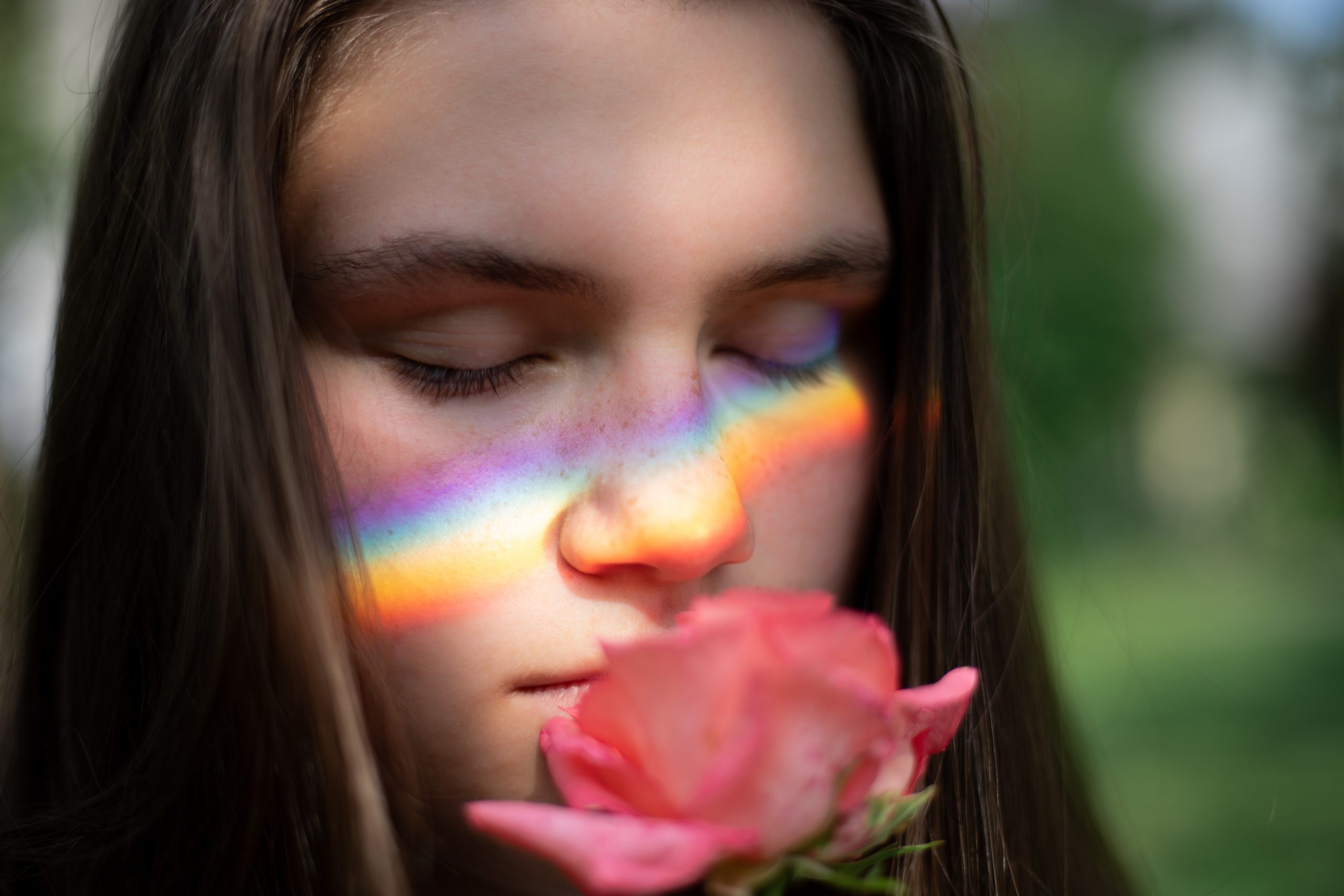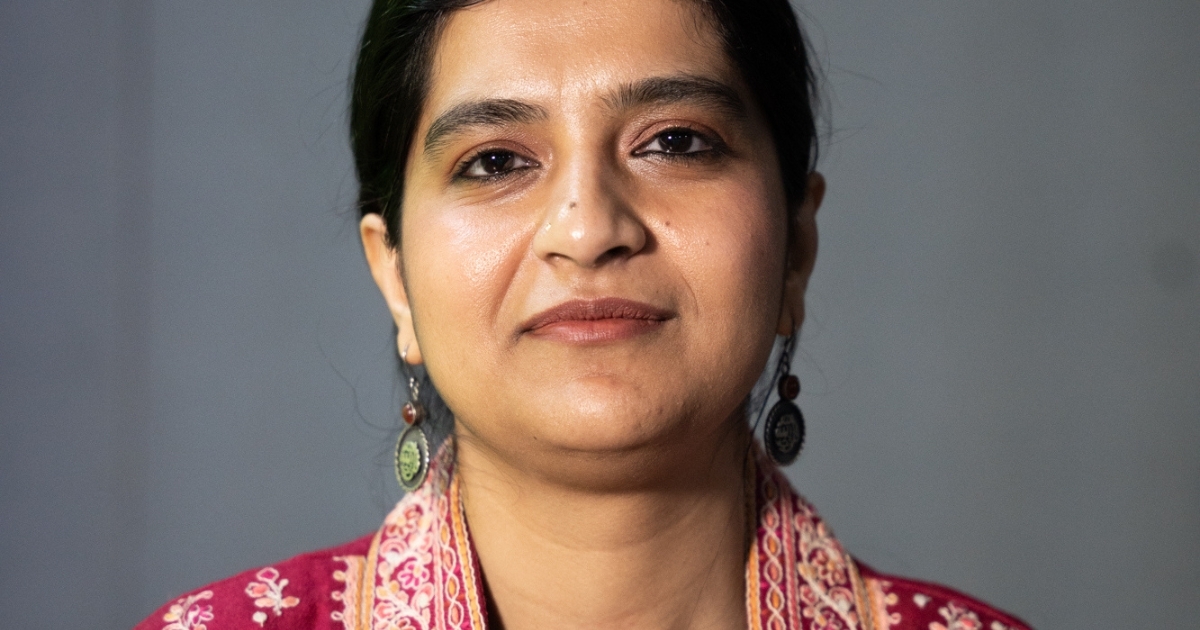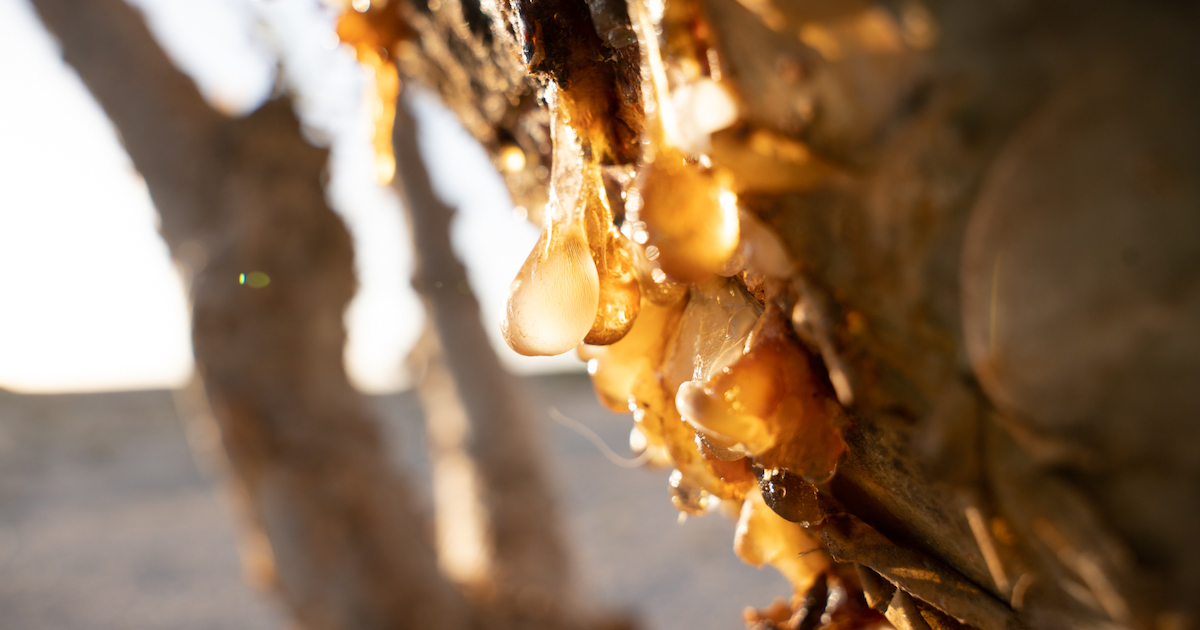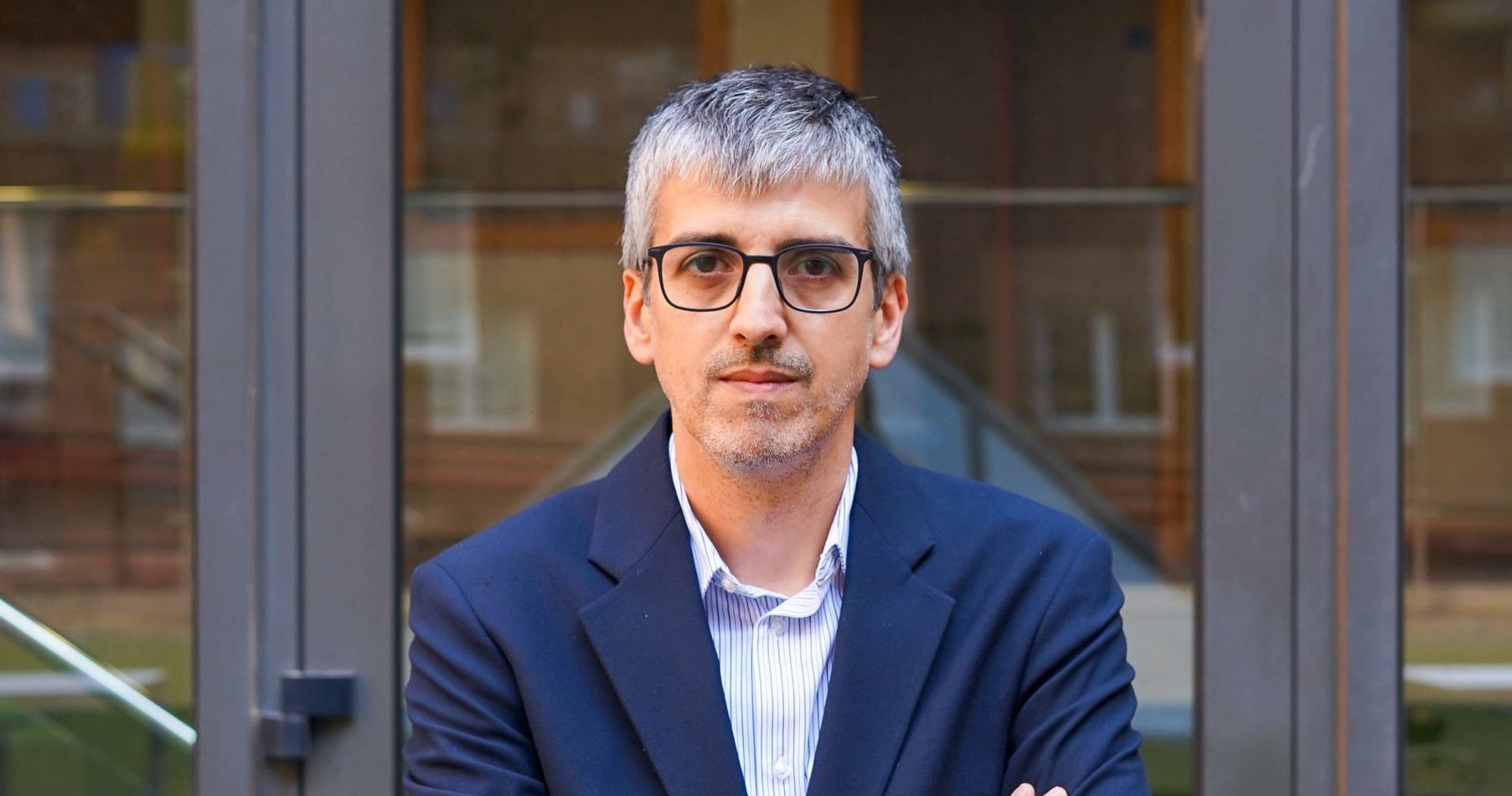Cette publication est également disponible en :
Français
Editorial partnership
At the beginning of July 2022, Quintis announced the two winners of the Sandalwood Reimagined competition. They were chosen from among 300 entrants by the professional noses of the judges, members of the American Society of Perfumers, Quintis’s partner for this initiative. Vincent Kuczinski, senior perfumer at Mane and president of the association, tells us about his adventure.
In 1947, the American Society of Perfumers (ASP) was established. What is its purpose?
It is a nonprofit group with roughly 300 professional perfumers as volunteers, all of whom reside in the United States. Our three-pillar mission statement is “teach, promote and support American perfumers.” They may be employed in any area of the industry, from high-end perfumes to home goods to cosmetics. By planning international events where we guarantee their representation, we bring them together. However, we also work to keep perfumery at a high level; all of our members are required to adhere to a strict code of conduct. Thus, we assist several organizations like the International Fragrance Association (IFRA) and the Women in Flavor and Fragrance Commerce (WFFC) as partners of the World Perfumery Congress (WPC), enabling the reassembling of businesses, creators and producers.
At WPC in Miami, Quintis unveiled the names of the two contestants who had won the Sandalwood Reimagined competition. What exactly was your role in this contest?
First, we developed the fundamental guidelines to ensure that the competition was fair and gave more perfumers the opportunity to participate. Of course, the first one involved adding Quintis’s Indian sandalwood essential oil to the mix. It has a wonderful sandalwood aroma and significant historical features. The outcome of the society’s fight for an eco-friendly industry is fascinating. The use of captive ingredients was prohibited under the second guideline, which mandated that all candidates must have access to the same toolkit in order to avoid favoring any one candidate over another. The third step was to make sure the composition adhered to the rules that were set forth; this was related to our code of conduct for safe creations. The unrestricted use of funds was the final rule, allowing everyone to express their creativity without restriction. Following that, Quintis handled all the logistics expertly. Then, in order to choose the winners, we smelled and assessed the works.
Nearly 300 submissions were sent to you. What were the criteria for selecting the finalists?
Everything was anonymous, allowing us to smell without being able to identify any of the participants. Only numbers and colors were used to indicate each participant and their category (e.g., “Global Winner” or “Emerging Talent”). Due to practical considerations, all of the judges were ASP volunteers who were based in the United States. To smell every submission, we got together for five weeks. We weren’t specifically looking for anything. We started by removing any works that were similar to ones that previously existed. We voted on the other choices, picked our 50 favorites and then reduced the list to just 20. At that moment, we tested them on our skin because, obviously, we wouldn’t have been able to do it for all, and we then read the well-written descriptions and motivation statements.
When you organize a competition around a raw material, you might fear that the proposals are very similar. What was the case this year?
Naturally, there were some that were less original among the ones we received: Some were copies, which we rejected; others were quite good but lacked sufficient creativity. However, the overall scent we detected was significantly different. In our “Emerging Talent” category, we had a ton of unique ideas! Occasionally missing a certain harmony but overall being promising. However, the five finalists in each category were made in very different ways, which makes it challenging at that level. The skin test was truly revealing and helped us choose the winners; the decision was ultimately unanimous.
Any final words?
This competition was brilliantly organized by Quintis, a magnificent partner. Congratulations to the whole team and also to the judges, who volunteered their time. It was a lot of work but exciting, and I would be very happy to do it again. And above all, congratulations to the winners for their beautiful compositions!
- For more information about Quintis: quintis.com.au
- To learn more about the American Society of Perfumers: asperfumers.org








Comments